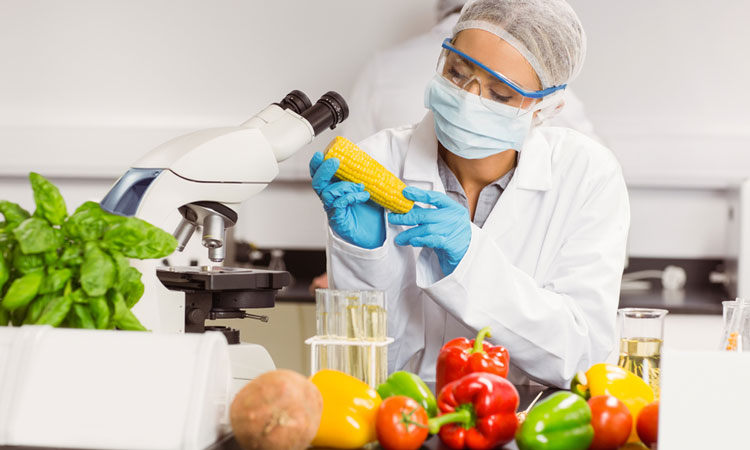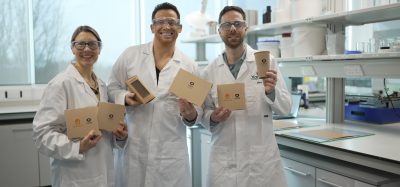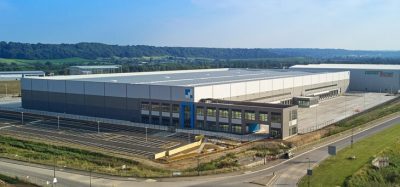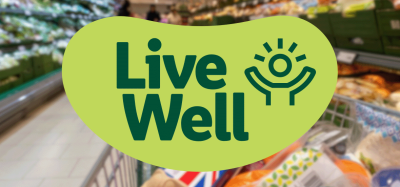Mastering the challenge of food safety in this era of globalisation
Posted: 24 January 2019 | New Food | No comments yet
With food safety a continuing priority in this era of globalisation, leaders are looking at how we can ensure it is handled as seamlessly as possible, from farm to fork.


The Director-General of the Swedish food authority Livsmedelsverket, Dr Annica Sohlström, and the President of the German Federal Institute for Risk Assessment, Professor Andreas Hensel, agreed on close cooperation in future in the field of food safety.
The cooperation agreement was signed at Livsmedelsverket’s head office in Uppsala. The main focus of the cooperation lies in the development and further development of food analysis methods, in particular screening and standard methods for detecting contaminants.
“Against the backdrop of increasingly globalised trading in fish and seafood, for example, we need easy-to-use routine methods for detecting marine biotoxins which will stand up in court,” said Professor Hensel when signing the cooperation agreement.
The BfR and Livsmedelsverket will also be collaborating to develop strategies to minimise antimicrobial resistance in livestock and to support risk communication through graphic information instruments.
Accordingly, the Swedish experts showed great interest in the BfR risk profiles prepared by the BfR in the course of mostly complex opinions, the goal of which is to illustrate the health risks of foods and consumer articles at a glance and in a manner understandable to non-professionals. With the Risk Thermometer, an instrument has been developed at Livsmedelsverket which allows the risk assessor to evaluate and classify the risks of the substances contained in foods comparatively and categorise them according to their relevance for the consumer.
Within the scope of the cooperation, the BfR will examine the extent to which the Risk Thermometer is suitable as an instrument to contribute towards a more precise and valid presentation of the risks in a risk profile.
Other thematic areas which it will be possible to deal with jointly in future are to be identified at specialised conferences involving scientists of both institutions. The exchange of experiences and knowledge among experts and corresponding workshops on individual specialised issues are intended to deepen cooperation in future.
Related topics
Food Safety, Health & Nutrition, Quality analysis & quality control (QA/QC), Supply chain, The consumer, Trade & Economy
Related organisations
German Federal Institute for Risk Assessment, Livsmedelsverket's









